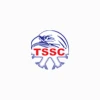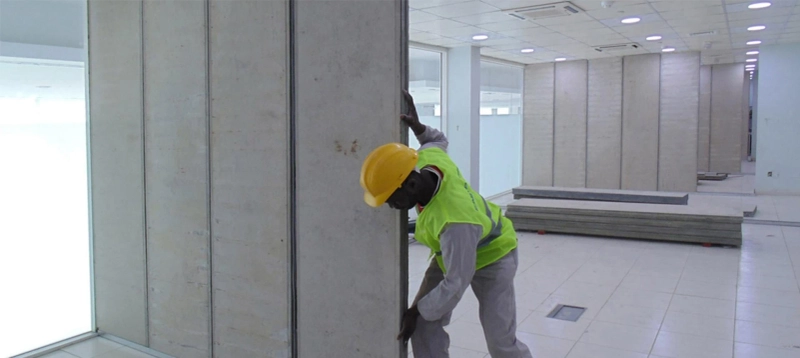EPS cement sandwich panels are a superior alternative to traditional construction methods. These panels consist of an EPS foam core encased between two layers of cement, providing exceptional structural strength and thermal insulation properties. EPS cement sandwich panels offer numerous advantages, including faster and more cost-effective installation, reduced transportation costs due to their lightweight nature, and excellent fire resistance and soundproofing capabilities. In this article, we will delve into the various reasons why these sandwich panels outperform traditional construction techniques, revolutionizing the construction industry.
What is an EPS Sandwich Panel?
EPS (Expanded Polystyrene) sandwich panels are composite materials that consist of two metal sheets or other materials with a core of EPS foam. The metal sheets act as skins, providing structural support, while the EPS foam core offers insulation. These structural insulated panels are widely used in the construction industry for creating partitions, offering a lightweight and energy-efficient solution for building projects.
What is the Main Raw Materials for Making EPS Cement Wall Panel?
EPS cement wall panel's raw materials include sand, fly ash, stone powder, slag, perlite, etc., combined with cement, expanded EPS particles, chemical additives, and water in precise ratios to create the foam slurry. The wall panel can have a skin-side cover board or remain plain. Calcium Silicate Board and Cement Fiber Board are commonly used as side cover boards.
What is a Lightweight EPS Cement Wall Panel used for?
The lightweight EPS concrete wall panel finds extensive and popular applications as it can be used massively for most non-load-bearing walls.
The specifications of EPS cement wall panels are tailored for diverse applications, encompassing internal, external, partition, floor, and roof panels. Their versatility makes them ideal for various building projects like offices, hotels, schools, hospitals, factories, and prefabricated houses. With easy installation and high efficiency, EPS lightweight composite wall panels have become a preferred choice in the global construction industry.
Benefits of EPS panel over traditional construction
Prefabricated EPS panels require minimal skilled labor for erection, allowing for easy assembly with local support and minimal training. This saves on labor costs compared to traditional construction, which often demands specialized labor and costly tools.
Insulated panels are easily installed at the construction site without prior preparation. In traditional construction, proper preparation is necessary before building assembly.
Dismantling traditional structures results in minimal reusable materials, leading to wastage. However, prefabricated structures with insulated panels can be easily uninstalled, and all materials can be repurposed elsewhere, reducing waste.
EPS panels in prefabricated structures require minimal maintenance, simply requiring occasional wiping to remove dust. In contrast, traditional constructions demand regular maintenance and repairs, making EPS panels a low-maintenance option.
The design flexibility in prefabricated construction is attractive, with panels available in various thicknesses. It allows for easy design expansion, which is not typically feasible in traditional construction methods.
What are the Features of Sandwich Panels?
The features of sandwich panels are:
Lightweight
Sandwich panels are easy to handle and install due to their low weight, reducing construction time and labor.
Thermal Insulation
With an EPS foam core, these panels offer excellent thermal insulation, maintaining comfortable indoor temperatures in extreme weather conditions.
Sound Insulation
EPS foam absorbs sound waves, providing effective soundproofing, making them suitable for noise-sensitive environments.
Fire Retardant
Treated with fire-retardant chemicals, sandwich panels have increased fire resistance, enhancing safety in buildings.
High Strength
The metal sheets used as skins offer structural support, ensuring high strength and resistance to bending or deformation, making them durable and reliable for construction projects.
Final words
EPS cement sandwich panels offered by TSSC, one of the leading sandwich panel manufacturers in Saudi Arabia, outperform traditional construction with their exceptional features. These lightweight panels provide superior thermal and sound insulation, are fire-retardant, and offer high strength due to metal sheet skins. With easy installation, design flexibility, and minimal maintenance, these panels revolutionize the construction industry, making them a preferred choice for various building projects.



